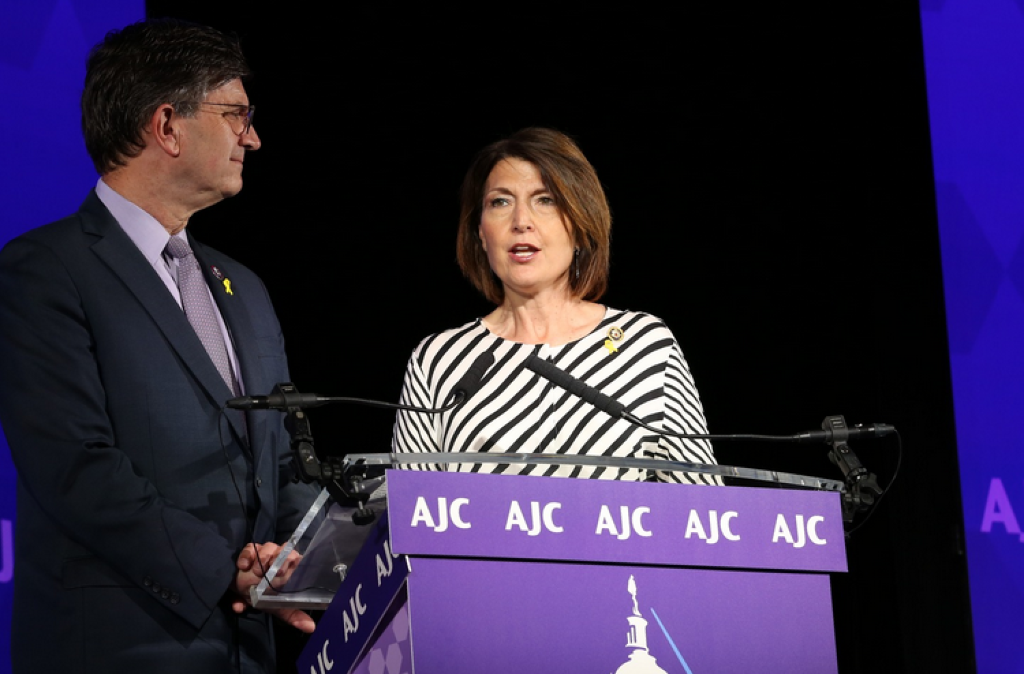GOP-Controlled House Panel to Examine BEAD Program
'Congress must closely monitor NTIA’s implementation of the program,' Chairs Rodgers and Latta said.
Ari Bertenthal

WASHINGTON, September 4, 2024 - House Republicans are planning to take a close look at the Biden Administration's $42.45 billion signature broadband deployment program.
House Energy and Commerce Committee Chair Cathy McMorris Rodgers, R-Wash., and Communications and Technology Subcommittee Chair Bob Latta, R-Oh., plan to analyze the Commerce Department’s implementation of the Broadband Equity, Access, and Deployment (BEAD) Program as states begin to award funding.
Latta's panel has scheduled a hearing for Sept. 10 at 10:30 a.m. The committee has not provided a witness list.
The hearing is likely to focus on Republican concerns about the rollout of the program, including that no broadband infrastructure projects have started since BEAD became law in late 2021.
“This hearing will serve as an opportunity to hear about how the implementation of the program is going, better understand the impact of NTIA’s rules, and what to expect going forward as states begin to award funds,” Rodgers and Latta said in a joint statement on Tuesday.
In July 9 testimony before Latta's subcommittee, Republican FCC Commissioner Brendan Carr noted, “It has now been 967 days since President Biden signed this $42 billion plan into law. And today, not one person has been connected to the internet with those dollars.”
The subject of BEAD has been one of increasing disapproval among Republicans as they have grown increasingly concerned about delays and political implications of the program.
“Rather than faithfully implementing the statute, the Biden Administration has put its thumb on the scale in favor of extraneous political goals,” Carr said in his testimony.
To date, only three states – Montana, Louisiana, and West Virginia – have begun to accept applications for broadband projects. Wyoming said in a statement Wednesday that it plans to accept funding applications as soon as mid-October.
“It’s essential that each state be given the ability to develop broadband plans that meet its specific needs, encourage participation by providers, and connect all Americans with reliable broadband services as Congress intended,” Rodgers and Latta said.
Doug Dawson, president of CCG Consulting, outlined in an Aug. 28 Expert Opinion for Broadband Breakfast that “only a tiny fraction of BEAD construction [will be] happening in 2025. Perhaps a handful of states will find a quick path through these steps – but most will not," Dawson said.









Member discussion